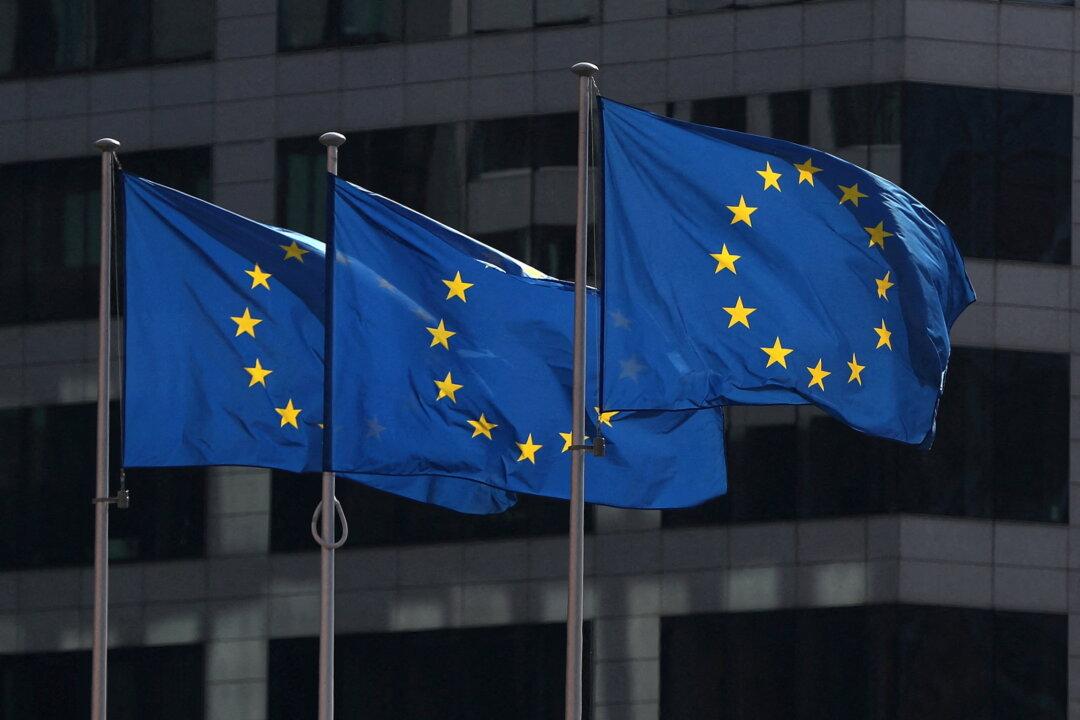The European Union’s foreign ministers remained divided on Monday on whether to sanction Russia’s energy sector over its invasion of Ukraine.
The EU has so far imposed four rounds of sanctions against Russia, targeting banks and oligarchs, while banning Russian aircraft from EU airspace and halting technology exports.





